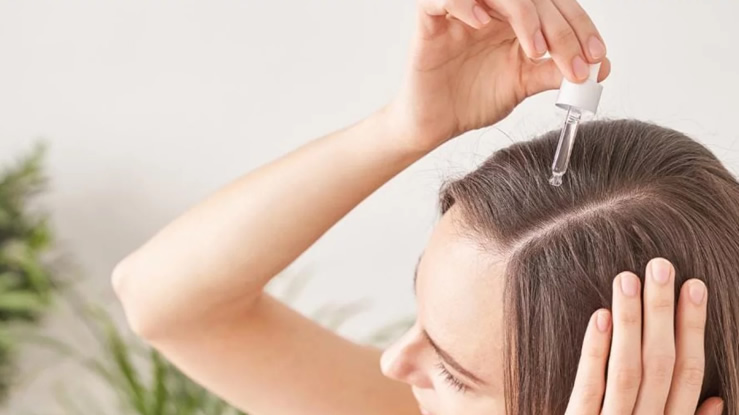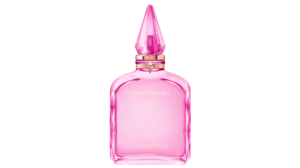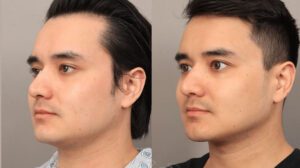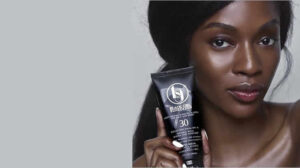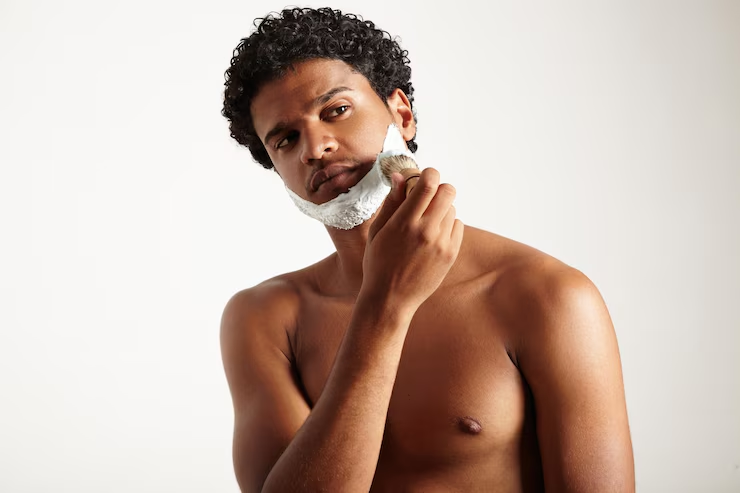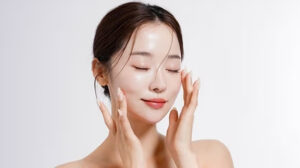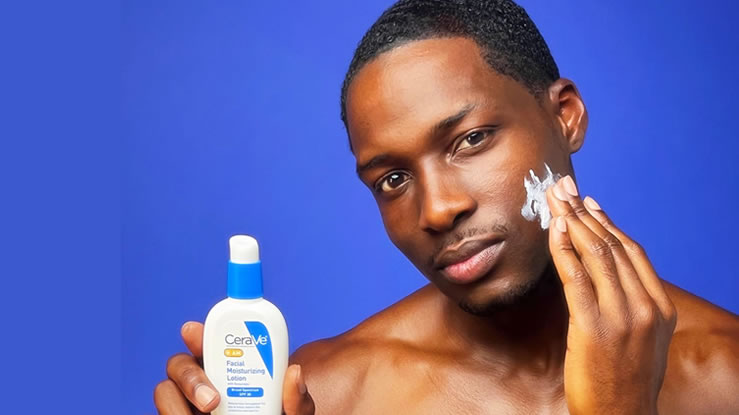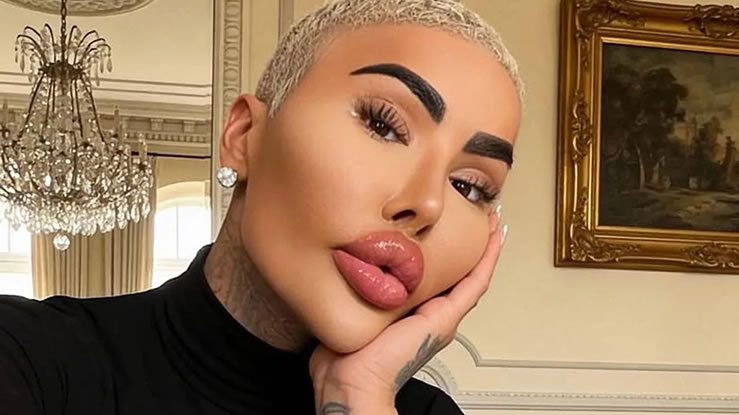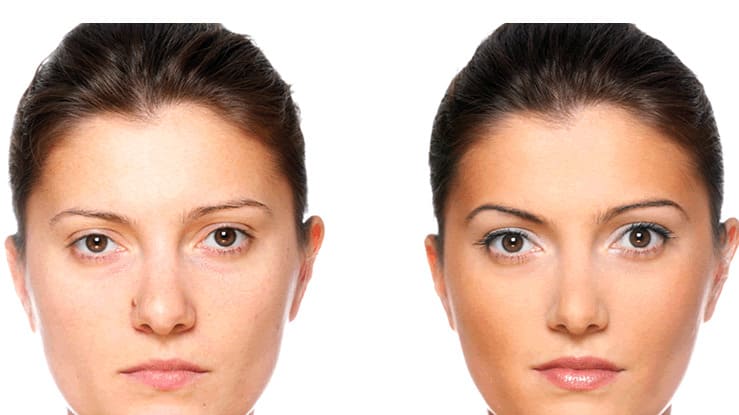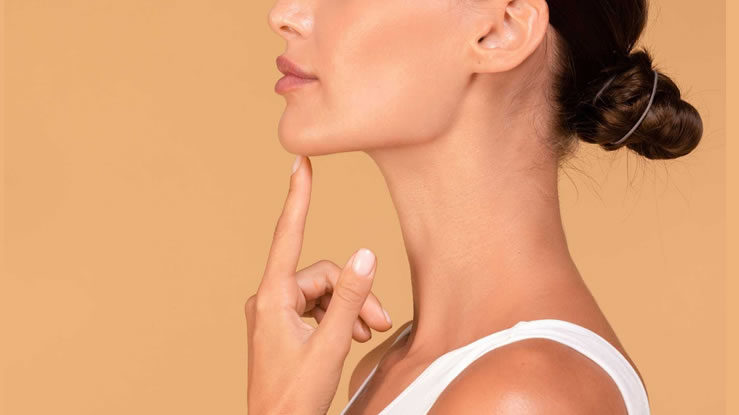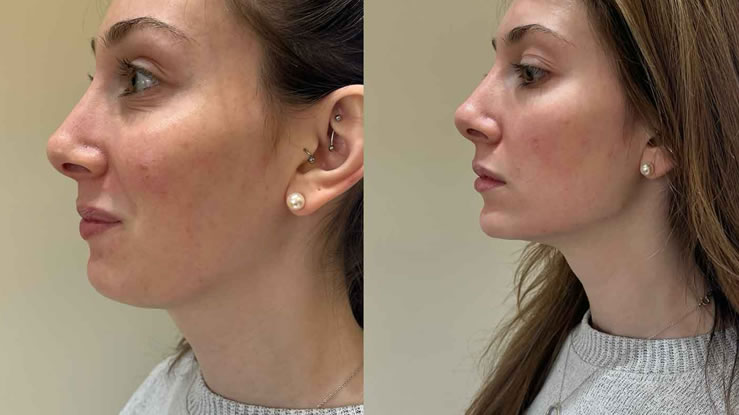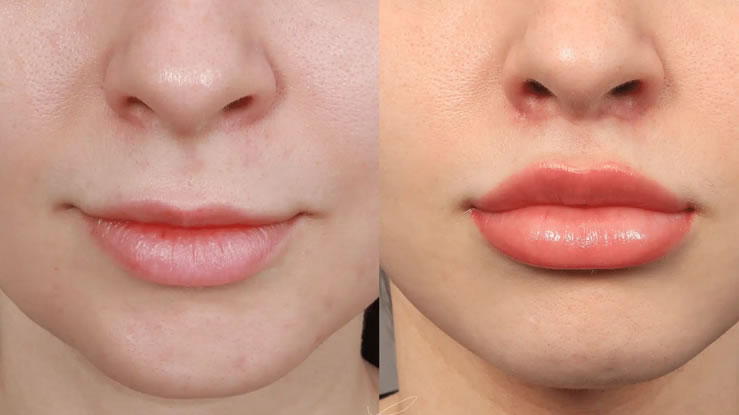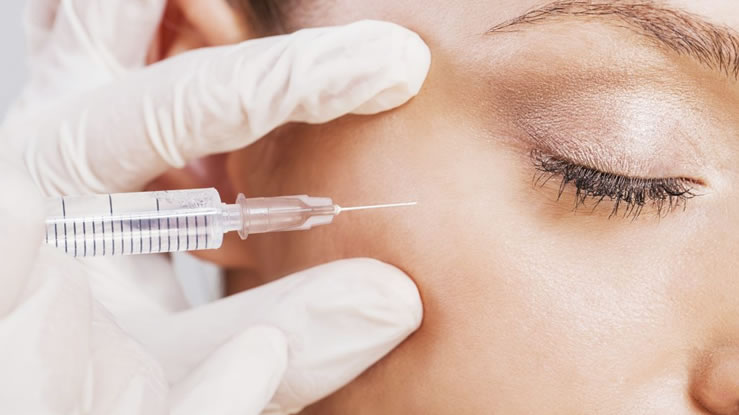Hair loss is a common concern affecting millions of men and women worldwide. From genetics and hormonal changes to stress and lifestyle, many factors contribute to hair thinning and baldness. With the rise of more scientific, targeted treatments, one buzzword that keeps showing up in the hair care industry is peptides. Promoted as a cutting-edge solution for stimulating new growth and strengthening existing strands, peptides have quickly made their way into shampoos, serums, and supplements. But the question remains: Do Peptides for Hair Growth really work?
In this article, we’ll take a deep dive into the science behind peptides, how they interact with the scalp and follicles, and whether they live up to the growing hype.
What Are Peptides?
Peptides are short chains of amino acids—the building blocks of proteins—that play a critical role in various biological processes in the human body. When it comes to skin and hair, peptides are known to stimulate collagen production, promote healing, and signal cells to perform specific functions like growth or repair.
Unlike proteins, peptides are small enough to penetrate the skin and scalp more effectively, allowing them to reach hair follicles and exert their influence directly. In recent years, researchers have focused on how certain bioactive peptides can be used to trigger hair growth and prevent hair loss.
How Peptides Work for Hair Growth
Peptides for hair growth are formulated to target the scalp at a cellular level. They interact with the dermal papilla cells at the base of each hair follicle—the very cells responsible for controlling the growth cycle.
Here’s how they work:
-
Stimulate Blood Flow: Some peptides improve microcirculation in the scalp, increasing the delivery of oxygen and nutrients to the hair follicle.
-
Block DHT: Certain peptides can help block dihydrotestosterone (DHT), a hormone associated with male and female pattern baldness.
-
Strengthen Hair Follicles: By boosting the production of collagen and keratin, peptides may help strengthen the structure of hair and improve its resilience.
-
Prolong the Anagen Phase: Peptides have been shown to extend the growth (anagen) phase of hair, allowing for thicker and longer strands.
These mechanisms make peptides a promising ingredient for both preventing hair loss and encouraging new growth.
Read Also>>>Discover the Best Peptide for Ageless, Youthful Skin.
Types of Peptides Used in Hair Care
Not all peptides are created equal. When shopping for hair growth products, you’ll likely encounter these specific peptides:
1. Copper Peptides (GHK-Cu)
Copper peptides are the most researched when it comes to hair health. GHK-Cu is a naturally occurring compound that binds with copper to stimulate growth factors, promote healing, and encourage angiogenesis (formation of new blood vessels), all of which are beneficial to the scalp environment.
2. Biomimetic Peptides
These are synthetic peptides designed to mimic the body’s natural signaling proteins. Some are engineered to bind to follicle receptors and activate growth pathways.
3. Acetyl Tetrapeptide-3
This peptide has shown promise in anchoring hair follicles more firmly into the scalp and promoting the extracellular matrix, which supports healthy follicle function.
4. Myristoyl Pentapeptide-17
Although better known for use in eyelash serums, this peptide is now included in hair products to enhance keratin production and strengthen hair strands.
Scientific Evidence: What the Research Says
The buzz around peptides for hair growth isn’t just marketing hype—there is scientific evidence backing it up.
-
GHK-Cu Peptides: Studies show that copper peptides can increase hair follicle size and promote the proliferation of dermal papilla cells, which are crucial for the hair growth cycle. One clinical trial demonstrated increased hair density in patients using copper peptide-based serums compared to placebo.
-
Acetyl Tetrapeptide-3: Research has shown that this peptide improves anchoring proteins like collagen and laminin, reducing hair fall and stimulating new growth when applied topically for several weeks.
-
Biomimetic Peptides: Laboratory studies suggest these peptides mimic growth factors and stimulate follicular activity. While human trials are limited, early results are promising, especially when combined with microneedling or laser treatments.
While more long-term clinical trials are needed to conclusively prove effectiveness across diverse populations, the current body of evidence points toward peptides being a valuable addition to hair growth therapies.
Benefits of Using Peptides for Hair Growth
-
Non-hormonal Treatment: Unlike minoxidil or finasteride, peptides don’t interfere with your hormones, making them a safer alternative for many people.
-
Minimal Side Effects: Most users experience little to no irritation when using peptide-based hair products.
-
Works Well With Other Treatments: Peptides can be used alongside other hair growth methods like PRP therapy, microneedling, or low-level laser therapy to enhance results.
-
Strengthens and Thickens Hair: Even if they don’t trigger new growth in all cases, peptides often improve the quality and thickness of existing hair.
Limitations and Considerations
While peptides are promising, there are a few things to keep in mind:
-
Consistency Is Key: Peptides must be used consistently over a period of weeks or months to see noticeable results.
-
Results Vary: Individual responses depend on factors such as the cause of hair loss, age, and overall scalp health.
-
Cost: High-quality peptide formulations can be expensive compared to traditional hair care products.
-
Not a Miracle Cure: Peptides won’t work for everyone, especially in cases of advanced baldness or scarring alopecia where follicles are irreversibly damaged.
How to Use Peptides for Hair Growth
Peptides are available in several forms:
1. Topical Serums
These are the most common and easiest to apply. You typically massage the serum into your scalp once or twice daily.
2. Shampoos and Conditioners
While less concentrated than serums, shampoos and conditioners containing peptides can support overall scalp health when used regularly.
3. Microneedling with Peptides
Microneedling creates tiny punctures in the scalp, enhancing absorption. When paired with peptide serums, this method can significantly improve their efficacy.
4. Injectables (Professional Only)
Some dermatologists or trichologists offer in-clinic peptide injections for a more direct and potent delivery to hair follicles.
No matter which form you choose, consistency and correct application are essential to seeing results.
Peptides vs. Traditional Hair Growth Treatments
So how do peptides stack up against traditional options like minoxidil or finasteride?
-
Minoxidil: A well-known topical treatment that widens blood vessels and prolongs the anagen phase. It’s effective for many but may cause irritation or shedding at first.
-
Finasteride: An oral medication that blocks DHT. Highly effective for male-pattern hair loss but comes with potential hormonal side effects.
-
Peptides: A gentler, non-hormonal option with anti-inflammatory and reparative benefits. May be ideal for people with sensitive skin or mild to moderate thinning.
In many cases, peptides are used as a complementary treatment rather than a replacement.
Who Should Consider Peptides for Hair Growth?
Peptides are especially suitable for:
-
People in the early stages of hair thinning
-
Those experiencing stress-related or hormonal hair loss
-
Individuals who can’t tolerate harsher treatments
-
Patients recovering from hair transplant surgery
-
Anyone looking to improve scalp health and hair strength
If you’re unsure whether peptides are right for you, consult with a dermatologist or trichologist for a tailored treatment plan.
So, do peptides really work for hair growth? The answer is yes—for many people, they offer a gentle yet effective way to support hair regeneration, prevent further loss, and improve overall hair quality. While they may not be a miracle cure, their scientific backing, safety profile, and compatibility with other treatments make them a valuable option in the modern fight against hair loss.
If you’re looking for a scalp-friendly, non-invasive solution to thinning hair, peptides for hair growth are definitely worth exploring. Just be patient, stay consistent, and combine them with a healthy lifestyle and scalp care routine for best results.

